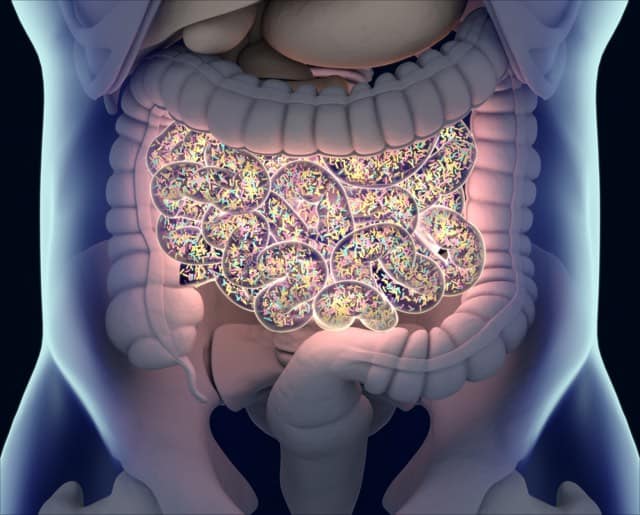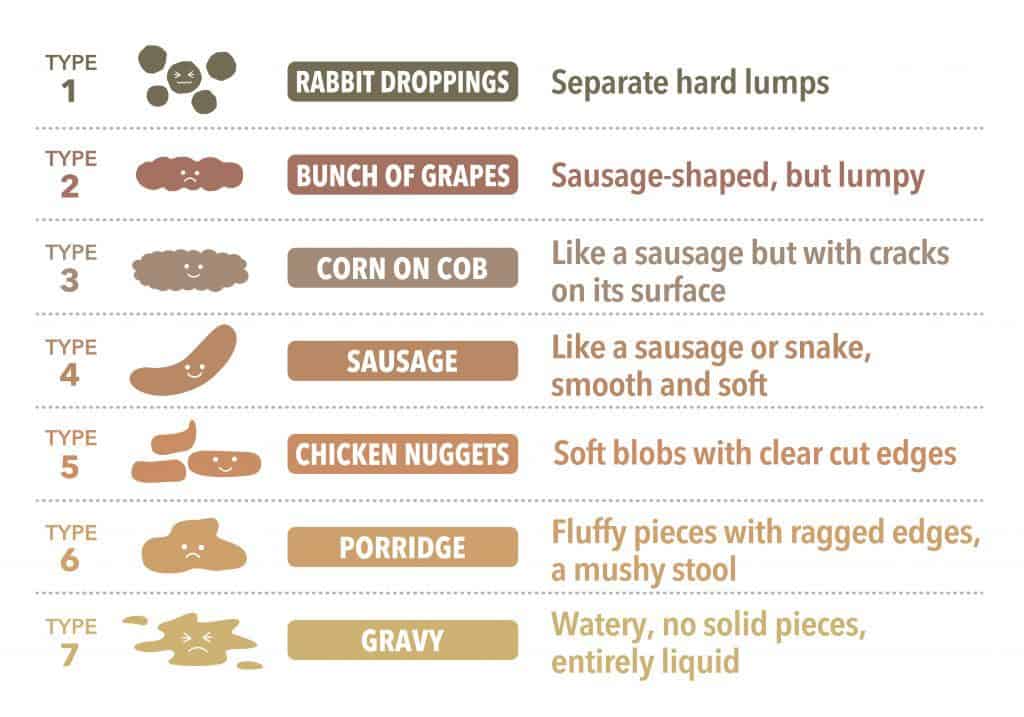
Recent developments in medical science discovered that the human’s gastrointestinal tract influences both physiological and psychological aspects of life. What once was a simple system that carries food from the mouth down to the stomach for nutrient absorption until food waste reaches the other end of the line is now considered an environment all on its own.
Believe it or not, your gut houses trillions of different bacteria responsible for processing food and maintaining homeostasis to promote overall well-being. These bacteria, good and bad alike, have also been found to influence the immune system, risk of chronic illness, mood, mental health, skin conditions, and even cancers.
Curious about how healthy your digestive tract is and how to get your gut tested?
Read on.
Why Gut Health Matters
Your gut microbiome (or the ecosystem of bacteria in your gut) is what forms the overall health of your gastrointestinal tract. The more diverse a person’s gut flora is, the healthier they may become. In contrast, researchers also discovered that a less diverse gut microbiome had shown an increase in bacteria that may be associated with diseases. Consequently, specific types of these harmful bacteria may promote the following conditions:
Lower Immune System
Asthma
Allergies
Diabetes
Heart Disease
Multiple Sclerosis
Cancer
Anxiety
Depression
Schizophrenia
Dementia
As you can see, maintaining your gut health may provide numerous benefits for your overall health. If you want to reduce your risk of developing some of the most life-threatening diseases, you must prioritize keeping your gut in tip-top shape.
Another benefit to having a healthy gastrointestinal tract is achieving better mental health. Keeping your gut microbiome healthy can also help alleviate some of the symptoms of anxiety and depression.
Now the question is how exactly you know whether your gut is healthy or not.
Testing Your Gut Health
There are baseline tests you can perform, whether at home or in a clinic, to learn more about the health of your gut.
Here are three of them:
• Gut Microbiome Test
A gut microbiome test is a fecal examination done inside a laboratory.
The process is relatively simple. Depending on your doctor’s instruction, they may require you to extract a small portion of your feces, place it in a container, and then send it to a laboratory for analysis.
Lab specialists will then examine your stool for bacteria that may cause infections. Some laboratories may also offer further analysis on your gut microbiome, such as DNA sequencing, bacteria classification, as well as estimating how diverse your gut microbiome is.
Once the results arrive, your doctor will interpret them and proceed with further consultation. They may recommend probiotic and prebiotic supplements in case of lower microbiome levels in your gut.
• Bristol Stool Scale
A cheaper alternative to test for your gut health is by familiarizing yourself with the Bristol Stool Scale. The Bristol stool scale is a visual guide that classifies your feces’ shape and consistency into seven categories.
Familiarizing yourself with this scale may help you distinguish what a healthy bowel movement should look like than an abnormal one.

• Types 1 and 2 may indicate constipation and promotion of hemorrhoids and anal fissure.
• Types 3 and 4 are the ideal consistency and shape for your stool.
• Type 5 may also be considered normal in some people. However, it can also indicate a lack of fiber in the GI tract.
• Types 6 and 7 may indicate signs of diarrhea.
If you’re experiencing types 1 and 2 or 6 and 7 frequently, you may want to have your stool checked by a professional to help you better understand what is happening in your gut.
• Visual Inspection
Another way to test your gut health is through a visual examination. This where you’ll examine the physical appearance of your stool each time you go. This is an excellent indicator of how well your digestive system is working and absorbing nutrients from food sources.
Here’s what you should look for when examining your stool:
• Shape and consistency
• Straining
• Frequency
Takeaway
Your digestive tract is more than a passageway for food. A healthy gut means healthier overall health. Conducting these tests can help you create a plan on how you can improve your gut health. But getting enough sleep, staying hydrated, eating a proper diet, and exercising are also a few things you can do to keep your gut in tip-top shape.
